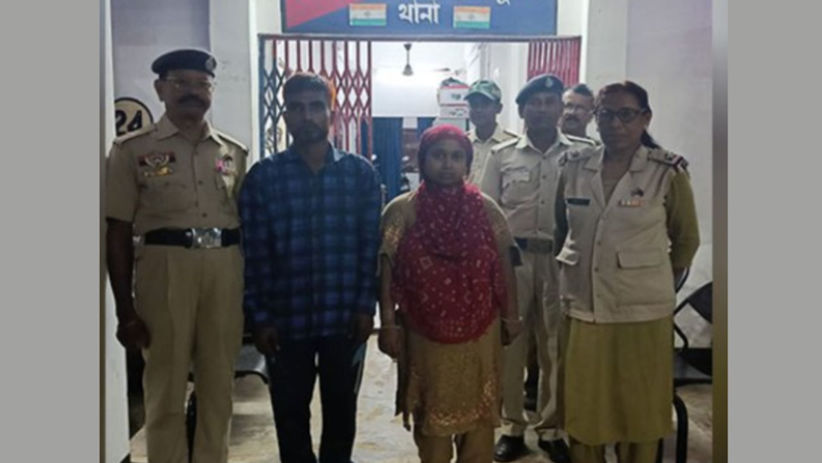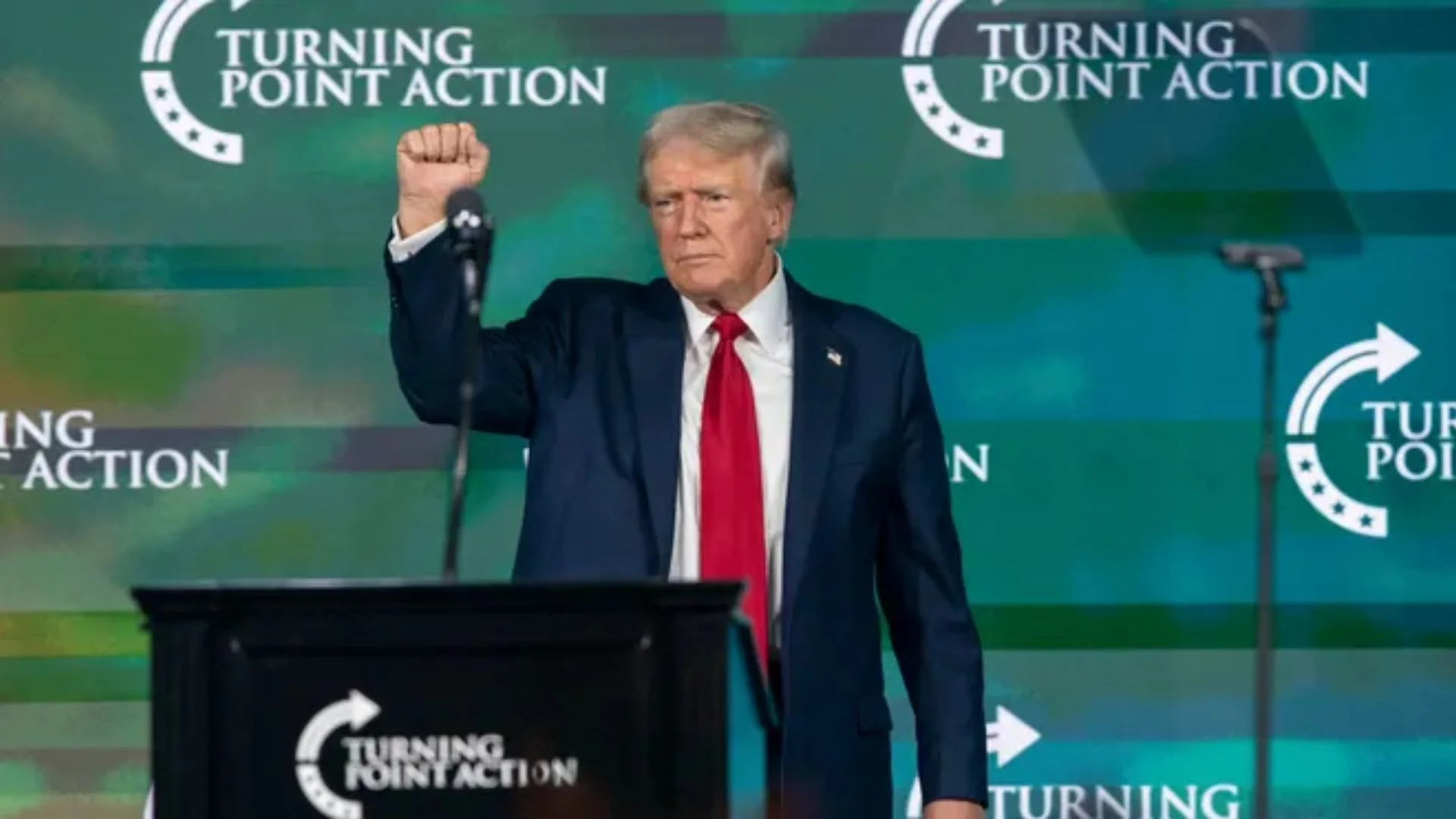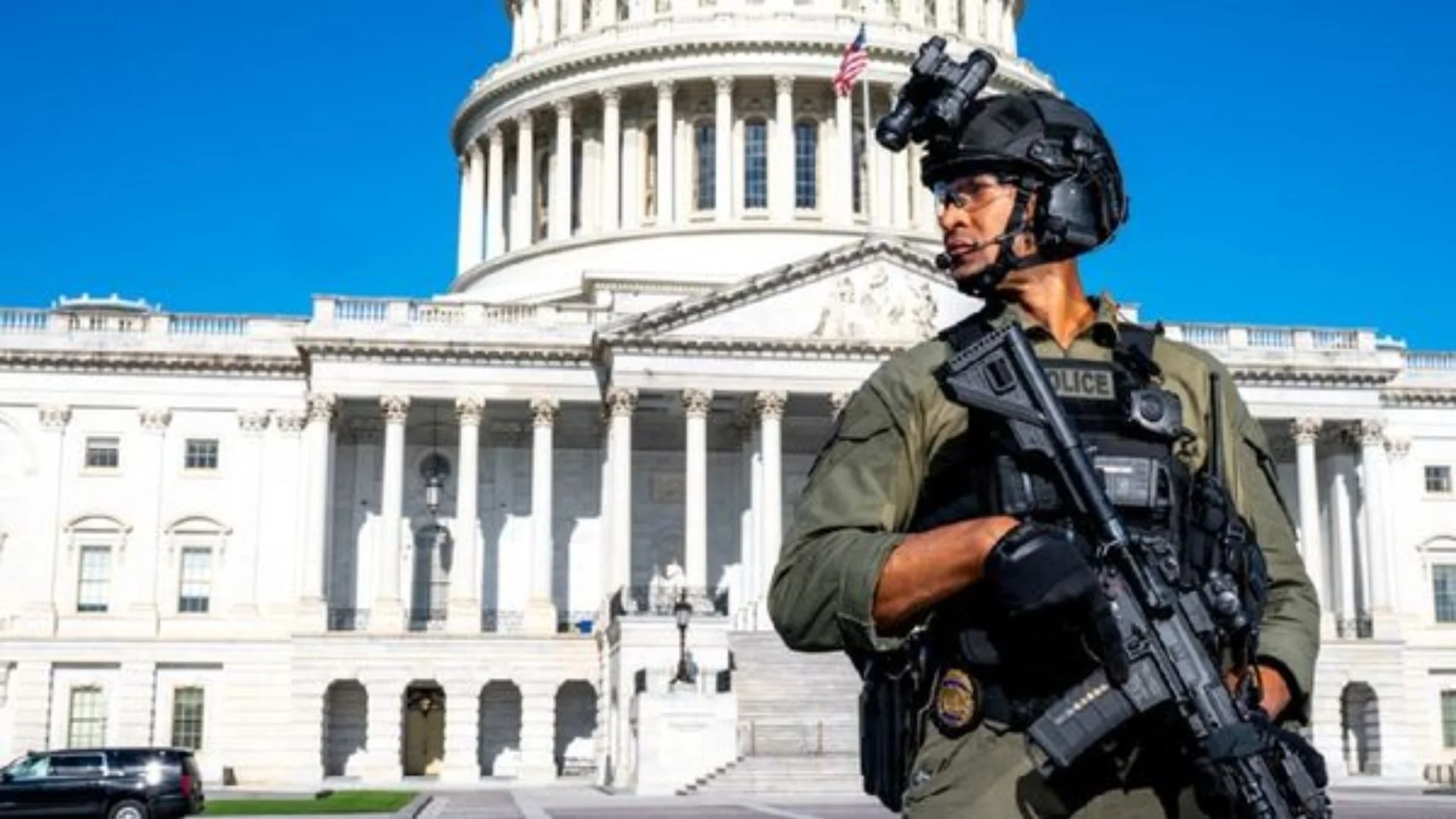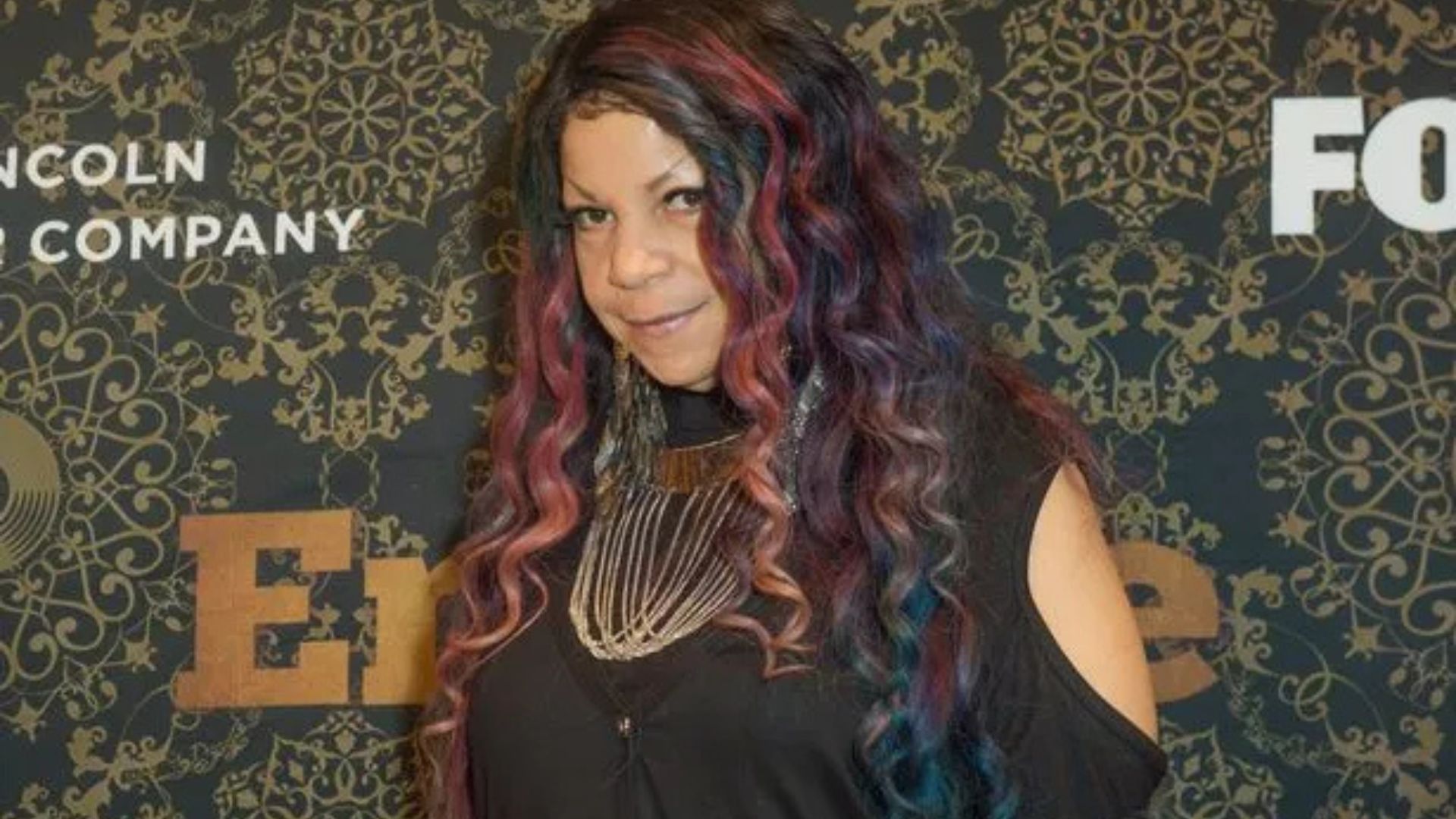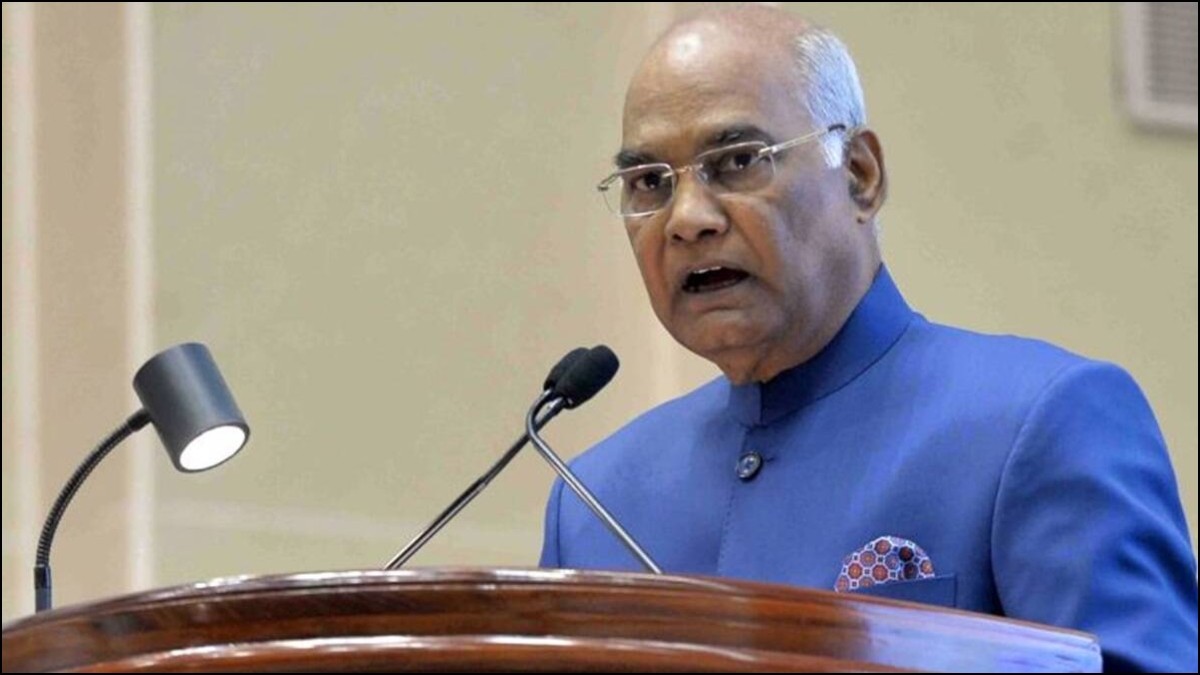
On the occasion of the golden jubilee of the Liberation War victory, President of India Ram Nath Kovind joined the special parade of the Armed Forces at the National Parade Ground. Bangladesh President Abdul Hamid and Prime Minister Sheikh Hasina welcomed him on stage. After the arrival of the President and the Prime Minister on Thursday morning, the parade started with a state salute. It was attended by members of the military forces of six countries, including of India. Members from four countries took part in the parade. Members of the other two countries are there as observers. Prime Minister Sheikh Hasina arrived at the President’s Parade Ground in the morning. When President Abdul Hamid arrived at the Parade Square at 10:25 am, he was welcomed by Prime Minister Sheikh Hasina, Liberation War Affairs Minister A.Q.M. Mozammel Haque, Chief of Army Staff General S.M. Shafiuddin Ahmed, Chief of Naval Staff Admiral M. Shaheen Iqbal and Chief of Air Staff Air Chief Marshal Sheikh Abdul Hannan.
Visiting President Ram Nath Kovind arrived at the parade ground around 10:30 am. He was received by the President, the Prime Minister, Minister for Liberation War Affairs and the Chiefs of the three Armed Forces. As soon as he reached the parade ground, President Abdul Hamid went to the saluting dais. And President Kovind and the Prime Minister of Bangladesh Sheikh Hasina took their seats in the VVIP gallery. Then the national anthem was played. After that, the Guard of Honour was conferred on the Commander-in-Chief of the Armed Forces. Then the President visited the open jeep parade. Later, when he was on the salutation stage again, the parade of great victory day started.
Meanwhile, Indian Foreign Secretary Harsh Vardhan Shringla on Wednesday said Bangladesh and India have reached the high point of relationship and New Delhi never sees Dhaka through the prism of other countries. “We have reached a high point of our relationship,” he told a media briefing hours after Indian President Ram Nath Kovind held talks with his Bangladesh counterpart M. Abdul Hamid, while Prime Minister Sheikh Hasina called on him on the first day of his three-day visit. He said Bangladesh and India made exponential increase in bilateral ties and achieved “incredible success” in resolving “intractable issues in most amicable manner”. “In (the next) 10 years, you will see very changed countries (Bangladesh and India) . . . the cooperation we have is very important,” he said, adding “we both are aspiring nations”.
Shringla, who previously served as Indian high commissioner in Dhaka, said New Delhi was looking for collaboration in cutting edge issues like green technology, renewable energy, IT and digital platform to create employment opportunities for youth. “Certainly we are looking to the future—as far as the next 50 years are concerned… we are looking at dynamic growth,” the top bureaucrat of India’s foreign office said.
Asked for comments about increased Chinese involvement in Bangladesh, Shringla said Dhaka-Delhi ties were unique that were not comparable with bilateral relations between any other countries. “Our ties are unique…we don’t look at what relationship are (Bangladesh has) with other countries when we are celebrating uniqueness of our own relationship with Bangladesh,” he said. Asked what would be India’s response if Dhaka decided to join the Quadrilateral Security Dialogue (Quad), a strategic platform of the United States, India, Japan and Australia, Shringla said, “It is sovereign decision of Bangladesh”. “The nature of Quad itself is to work with other countries in partnership and Bangladesh is an important partner,” he said. The Indian foreign secretary said Indian president discussed broad ranges of bilateral relationship with spirit of 1971 and legacy of Bangabandhu during his meeting with Bangladesh premier.
Asked about the updates on India’s stance on the Rohingya crisis Shringla said, India always called for the sustainable speedy return of the displaced Rohingyas to Rakhine state of Myanmar. Replying to a question on border killing, the foreign secretary said the highest level of the two countries leadership was sincere to ensure a peaceful frontier. He told the newsmen that India’s Border Security Force’s (BSF) director general was scheduled to visit Bangladesh on 19 December next to discuss the issue.
About the tentative Bangladesh’s Prime Minister’s visit to India at the invitation of her Indian counterpart Narendra Modi, made in March, Shringla said, both the countries were working to find a date convenient for both the sides through the diplomatic channel. Indian High Commissioner to Bangladesh, Vikrame Doraiswami conducted the briefing.
President Kovind expressed his eagerness to increase existing trade and business ties with Bangladesh through joint efforts as he paid a courtesy call to his Bangladesh counterpart M. Abdul Hamid at Bangabhaban. “The communications between the two countries became closer in land, air and riverine routes…investors of both the sides should use the facilities for increase trade and business relations,” a Bangabhaban spokesman quoted Kovind as saying after the talks, followed by a state banquet. According to Bangladesh President’s Press Secretary M. Joynal Abedin, President Kovind assured his counterpart of continued Indian cooperation to the ongoing business investment and different development projects in the coming days. Abedin said during the meeting that the two presidents particularly emphasized joint ventures between the two countries.
President Kovind said the celebrations of 50 years of diplomatic relations between India and Bangladesh in both the countries were testimony to their close bilateral relations. The Indian President also called Hamid a war hero, saying that Bangladesh did a tremendous job in tackling the Covid-19 outbreak. President Kovind said bilateral cooperation over the Covid-19 pandemic would help the two countries to work together to overcome the situation.
He praised the participation of the Bangladesh contingents at the Indian National Day march-past event and subsequently the Indian contingents’ members at the Bangladesh Victory Day programme in Dhaka. The Bangladesh President said bilateral relations began during Bangladesh’s 1971 Liberation War and they have now reached a “unique height” as Indian Prime Minister Narendra Modi and Bangladesh premier Sheikh Hasina have started a new chapter in diplomatic relations. Hamid said relations between the two countries were expanded in the areas of security, border demarcation, power, energy, trade and commerce, infrastructure, and communication over the past one decade, and the relations between the people of the two countries has been strengthened. The Bangladesh President received his Indian counterpart at Bangabhaban with a bouquet, while his wife Rashida Hamid also presented a bouquet to Indian first lady Savita Kovind.
Later, the two heads of state held a meeting at the credential hall of Bangabhaban, where Hamid said India is a very close and trusted friend of Bangladesh, recalling the overall cooperation of India in the 1971 Liberation War and thanking the neighbouring country.
